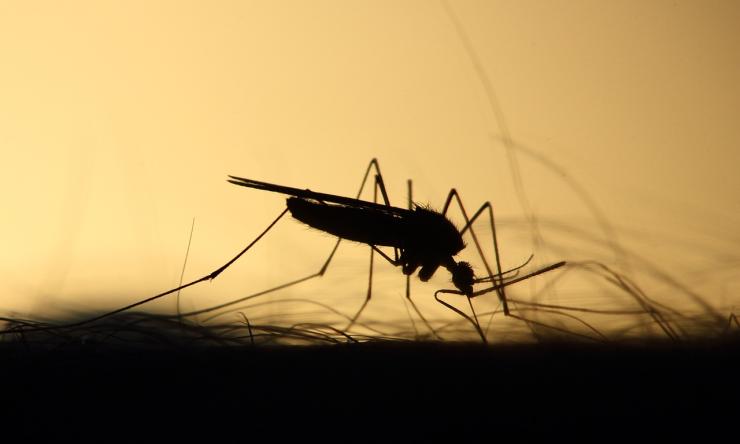Yellow fever: Know your risks when traveling abroad
If you plan on traveling abroad this summer, especially to regions within South America or Africa, it’s imperative to be aware of your risk of yellow fever, a potentially deadly flavivirus endemic to these areas. Being an educated traveler is a critical piece to avoiding yellow fever. Dr. Jill Weatherhead, assistant professor of tropical medicine and infectious diseases at Baylor College of Medicine and an expert on travel medicine, explains the transmission, symptoms and prevention.
Yellow fever is transmitted to people through mosquito bites. While the majority of people infected with yellow fever will not develop any symptoms, others will develop nonspecific mild viral symptoms within a week of infection.
“These symptoms include fever, chills, headaches, back pain and myalgias,” said Weatherhead. "However, the virus can progress to severe disease in some people. One in seven people will develop severe yellow fever, which includes high fever or jaundice, which is the yellowing of the skin that is associated with inflammation of the liver or hemorrhagic shock where bleeding can happen.”
If symptoms go unchecked, the disease can be deadly.
Weatherhead says there are two main pillars to prevent yellow fever: preventative vaccination and avoiding mosquitoes.
“A yellow fever vaccine is available and recommended for all persons nine months and older traveling to yellow fever endemic regions, with some exceptions. Additionally, some countries might require you to have the vaccination before you enter, and there may be some restrictions on going into a country if you have been to a yellow fever endemic area,” she said.
She also advises wearing long sleeves and long pants and using a bug repellant with DEET to avoid mosquitoes.
Currently, there is no antiviral to mitigate yellow fever. If you do become infected, the suggested treatment regimen is supportive therapy.
“Make sure you are hydrated and are controlling your fevers to help alleviate symptoms. Acetaminophen would be the medication of choice,” Weatherhead said. “Avoid using anti-inflammatories like aspirin and other NSAIDs that could impact your platelets. Seeking medical care as soon as possible can be lifesaving.”










